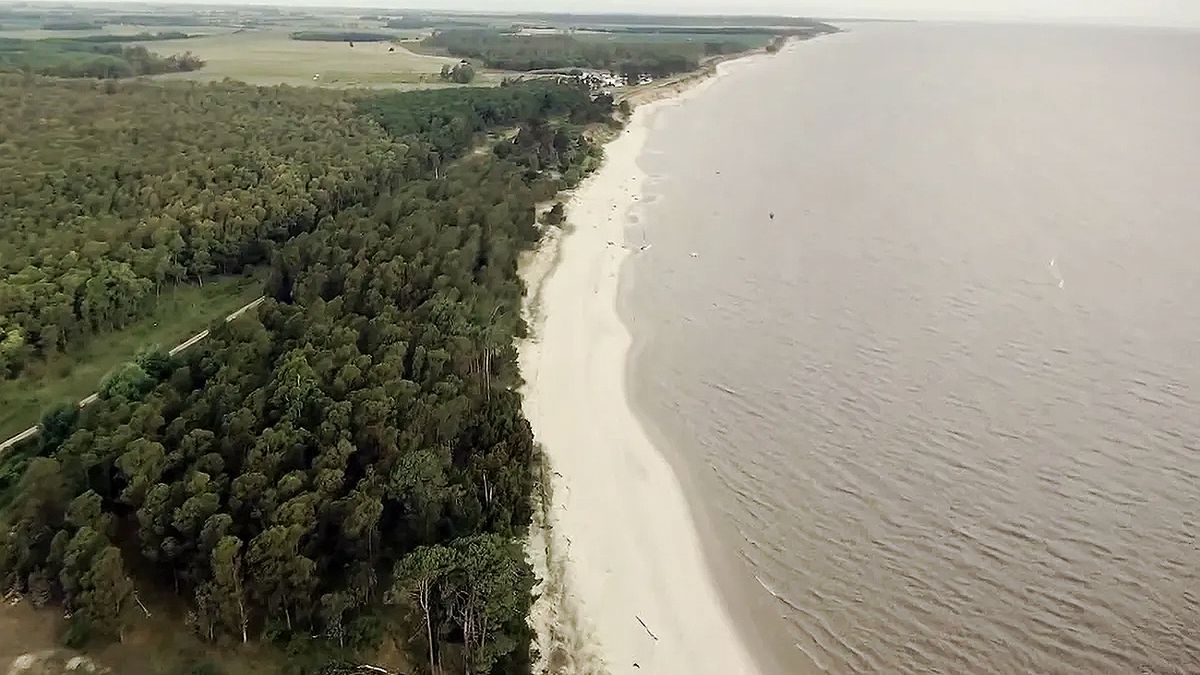He neptune project continues to add edges and hinder the intentions of the government that now has to face an appeal presented by the Federation of Officials of OSE (FFOSE) that seeks the annulment and revocation of the award of the project to the Aguas de Montevideo consortium.
Last week the board of the National Administration of State Sanitary Works (OSE) communicated the award of the Arazatí Project to the consortium Montevideo waters, who will be responsible for materializing the project that provides for the construction of a new water treatment plant in the Arazatí spa, in the department of Saint Joseph.
The consortium is made up of four companies: Berkes SA, SACEEM SA, CIEMSA and FAST Ltda. Another consortium made up of Teyma and Compañía Electrónica Industrial had also been submitted to the tender, but Montevideo waters He was the one who presented the best offer.
After the adjudication, this Wednesday the union of SBI filed an appeal against it that bears the signature of the president of FFOSE, Frederick Kreimerman and that of the general secretary of the union, Marcelo Valverde. In the appeal, they claim the “revocation and annulment” of the project tender.
This is the last step through administrative channels that the labor union, which gives the state company 180 days to respond concretely. If this does not occur, the union would be empowered to go to the Administrative Litigation Court (TCA).
Criticism of the FA and the environmental consequences
In a critical tone with the Arazati project, Director of SBI on behalf of Broad Front, Edgardo Ortuño, expressed through Twitter that “the water crisis demonstrated the need for works to damm the fresh water that we lacked (Casupá, Solís Chico dams, dikes) ensuring drinking water and to lose less”.
In the same way, Ortuno questioned that “the government decides to do Arazati with private management” and estimated the costs at 300 million dollars more than if it were private management. SBI, for which he considered that he is “weakening” the state company.
Regarding the feasibility of the project, a report prepared by the consulting firm CSI Ingenieros and presented by SBI before him Ministry of Environment anticipated that it can cause 93 types of environmental impacts in the area, of which 27 present a “significant negative potential.”
The survey slipped that “they need a specific evaluation” and, among the main questions, noted that the creation of the artificial lagoon contemplated in the initiative would modify “surface runoff and the hydraulic regime of watercourses”, which would trigger “erosions”. of soil and the potential “contamination” of groundwater, among other problems.
Source: Ambito




